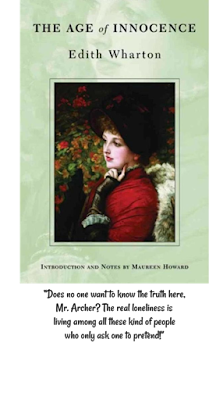Surely you've read The Life of Pi by Yann Martel when it came out in 2001.
Everyone did.
Or maybe you saw the movie, which was pretty good, but still not the book.
From that book, and the HOURS that I spent thinking about it and its meaning, I began to understand a concept that my friend Kendra introduced me to: Magical Realism. A concept that, according to Kendra, appears often in Mexican literature, like hers. In magical realism, smack dab in the middle of a normal piece of literature, the author plops bizarre or symbolic bits of magic. And, interestingly, as Kendra told me, it is all without fanfare or attention of any kind. We are merely to accept its existence in the literature.
It took me years to truly appreciate magical realism and The Life of Pi, though I'm quite sure I misinterpreted THAT ONE for years, helped me to understand magical realism and to savor the flavor and color that it adds to the dish (subtle allusion to Like Water for Chocolate by Mexican novelist Laura Esquivel).
And so, in my reading of The High Mountains of Portugal, besides the gorgeous language and everyday wonder, I thought I was reading a novel of magical realism. But when I went to the lit analysts of the internet, I discovered that I, again, had missed the whole point of the book. Apparently it's about religion.
Oh well. Stay tuned for my review anyway.




































